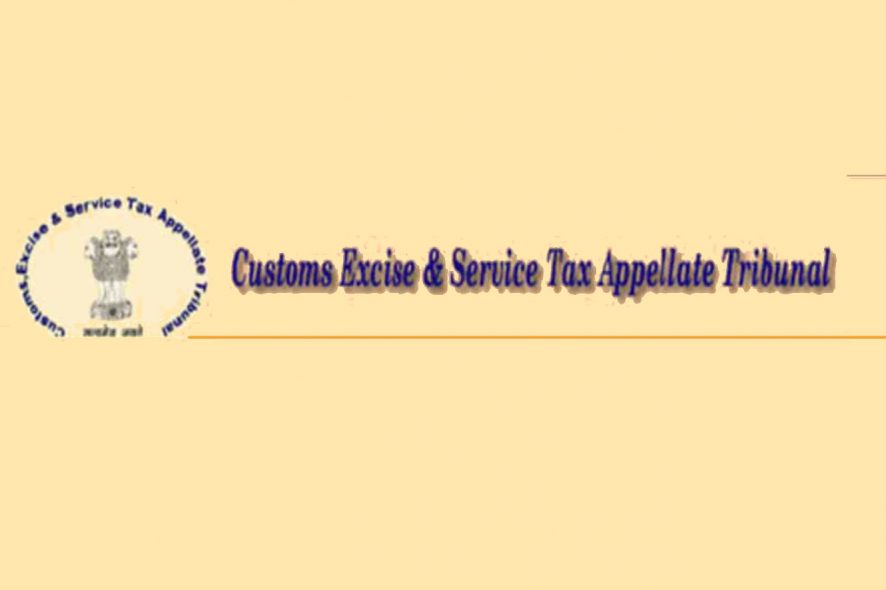Customs, Excise and Services Tax Appellate Tribunal (CESTAT): The Coram of P.V. Subba Rao (Technical Member) and P. Dinesha (Judicial Member) allowed an appeal which was filed against the Order-in-Appeal.
The appellant was a 100% Export Oriented Unit (EOU) engaged in providing network management and other services to their clients. They also avail the benefit of CENVAT Credit as per Cenvat Credit Rules, 2004 (CCR, 2004) in respect of the inputs/input services used by them. During the course of business, they imported ‘Netcool suite’ from M/s Softential Inc, USA which they used in the services which they exported. This imported software being in the nature of a service covered under Section 66A of the Finance Act, 1994 the appellant paid the service tax. The appellant took CENVAT credit of the service tax paid by them under Section 66A on the Netcool Suite imported by them. Thereafter, they filed a refund claim for the Cenvat credit. A show cause notice was issued to them on seeking to deny the refund on the grounds that (a) both the input service and output service fall under the information technology services and (b) that the amounts credited as per Foreign Inward Remittance Certificates (FIRC) are prior to the date of export invoices. After following due process, the original authority rejected the refund claim. On appeal, the First Appellate Authority remanded the matter back to the original authority for denovo adjudication. They again rejected the refund mentioning grounds. The appellant’s appeal against this order was rejected by the First Appellate Authority by the impugned order. Hence, this appeal.
The counsel for the appellant, G. Prahlad submitted that it was a settled position that once a service has been treated as “input service” under Cenvat Credit Rules and credit has been taken and the department has not disputed the taking of credit, refund of such credit under Rule 5 of Cenvat Credit Rules, 2004 cannot be denied on the ground that it is not an input service.
The Tribunal after perusing all the records was convinced that what the appellant had imported was software which they used to produce their export services. In fact, the service tax on the imported input service was paid by the appellant themselves under reverse charge mechanism under section 66A of the Finance Act, 1994. They have reflected this payment of service tax in their ST-3 returns. There was nothing on record or in the submissions made by both parties before them to show that the Department had objected to them paying service tax. After paying the service tax the appellant had taken Cenvat Credit of the service tax paid treating the same as input service and showed it in their ST-3 returns. The Tribunal further held that “It is now a well-established principle that once Cenvat Credit is allowed on any goods or services as inputs or input service they do not cease to be so while processing a refund claim under Rule 5 of Cenvat Credit Rules, 2004. There is no separate definition of input or input service either in Rule 5 of Cenvat Credit Rules, 2004 or in Notification No. 5/2006-CE. Therefore, the definition under Rule 2 of Cenvat Credit Rules, 2004 applies both to taking CENVAT credit and claiming its refund under Rule 5.”
While answering the question of whether the input service so used was an input service used for export service or it was an input service used for some other service, such as domestically sold services the Tribunal stated that in this particular case the unit was a 100% export oriented unit and there was no domestic sale. Therefore, there was no scope for such an apprehension. The Tribunal allowed the appeal and found that appellant was entitled to the refund claimed by them under Rule 5 of CCR, 2004 along with interest.[Sentini Technologies (P) Ltd. v. CCE & ST v. Service Tax, 2020 SCC OnLine CESTAT 259 , decided on 04-11-2020]
Suchita Shukla, Editorial Assistant has put this story together







